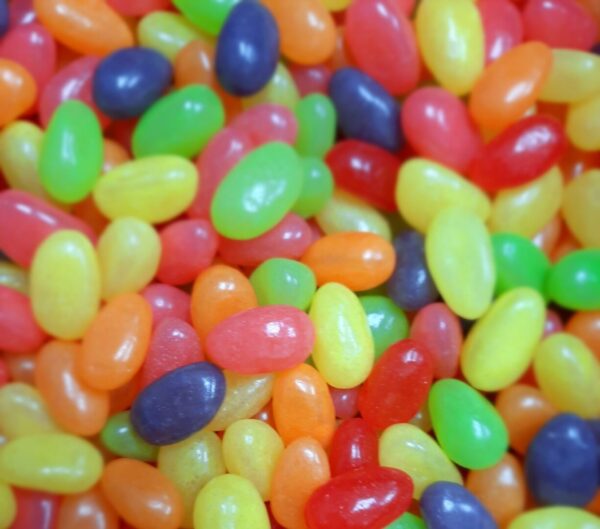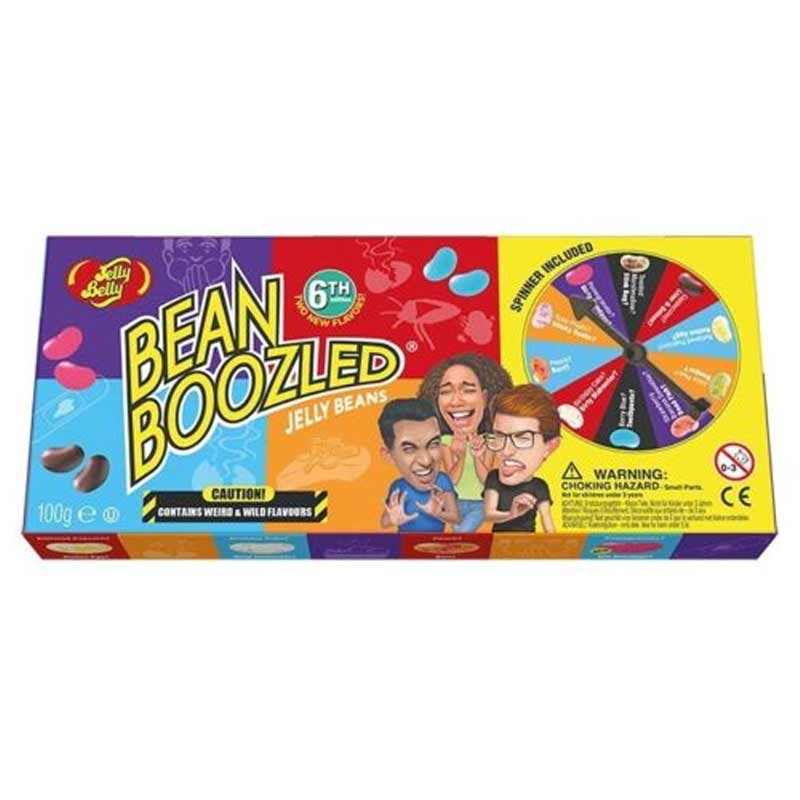Jelly beans erome have become a beloved candy around the world, captivating taste buds with their vibrant colors and delightful flavors. These small, chewy confections have a rich history and a unique place in the world of sweets. From classic fruit flavors to innovative and exotic tastes, jelly beans continue to enchant both children and adults alike.
Whether you're a longtime fan or just discovering the charm of jelly beans, this article will take you on a journey through their origins, production, and cultural significance. We'll also explore some fun facts and interesting trivia about these colorful candies that have made them a timeless favorite.
Join us as we delve deeper into the world of jelly beans erome, uncovering the secrets behind their popularity and learning how to enjoy them to the fullest. By the end of this article, you'll have a newfound appreciation for these sweet treats and perhaps even some ideas for new ways to enjoy them.
Read also:Is Melanie Joli Married Exploring The Life And Relationship Status Of Melanie Joli
Table of Contents
- The History of Jelly Beans Erome
- How Jelly Beans Are Made
- Exploring Jelly Bean Flavors
- Nutritional Value of Jelly Beans
- The Popularity of Jelly Beans
- Creative Uses of Jelly Beans
- Health Considerations
- Jelly Bean Festivals and Events
- Interesting Jelly Bean Statistics
- The Future of Jelly Beans
The History of Jelly Beans Erome
The story of jelly beans erome begins centuries ago, with roots in traditional confectionery practices. These candies are believed to have been inspired by Turkish delight, a Middle Eastern dessert made from a gel-like substance coated in powdered sugar. Later, the panned candy process, which involves layering sugar onto a center, further refined the technique used to create modern-day jelly beans.
Origins and Evolution
While the exact origins of jelly beans remain somewhat unclear, they likely emerged in the United States during the mid-19th century. By the early 20th century, they had become a staple in candy stores and were popularized as Easter treats due to their egg-like shape.
- Jelly beans were first advertised in the U.S. in the 19th century.
- They gained prominence during World War II when they were sent to soldiers overseas.
- Modern advancements in technology have allowed for more diverse flavors and colors.
How Jelly Beans Are Made
The production of jelly beans erome involves a meticulous and time-consuming process that ensures their signature texture and taste. From mixing ingredients to cooling and packaging, each step is crucial to creating the perfect candy.
Step-by-Step Process
Here’s a breakdown of how jelly beans are crafted:
- Boiling the syrup: A mixture of sugar, corn syrup, and other ingredients is heated to form a thick syrup.
- Adding flavors and colors: Natural or artificial flavors and colors are incorporated into the syrup to give the jelly beans their distinct characteristics.
- Cooking and molding: The syrup is poured into molds to create the jelly bean centers.
- Coating and curing: The centers are coated with sugar and allowed to cure for several days to achieve the chewy texture.
Exploring Jelly Bean Flavors
One of the most exciting aspects of jelly beans erome is the wide array of flavors available. From traditional options like cherry, lemon, and strawberry to more adventurous choices like green apple, licorice, and even spicy jalapeño, there’s something for everyone to enjoy.
Popular Flavor Combinations
Many brands offer unique flavor combinations that cater to different tastes. Here are some examples:
Read also:Who Is Monicas Husband Unveiling The Life And Journey Of Monicas Partner
- Classic Fruit Mix: A mix of citrus, berry, and tropical flavors.
- Gourmet Selection: Flavors inspired by fine dining, such as cappuccino or coconut.
- Seasonal Specials: Limited editions for holidays like Christmas or Halloween.
Nutritional Value of Jelly Beans
While jelly beans erome are primarily a treat, understanding their nutritional content can help you make informed choices about consumption. On average, a serving of jelly beans contains:
- Calories: Approximately 100-150 per serving
- Sugar: Around 30 grams per serving
- Carbohydrates: Mostly from simple sugars
It’s important to enjoy them in moderation as part of a balanced diet.
The Popularity of Jelly Beans
Jelly beans erome have achieved global fame, appearing in movies, television shows, and even political campaigns. Their association with Easter and other celebrations has cemented their place in popular culture.
Cultural Significance
In addition to being a sweet indulgence, jelly beans often symbolize joy, nostalgia, and celebration. They are frequently used in creative displays, art projects, and fundraising events.
Creative Uses of Jelly Beans
Beyond snacking, jelly beans erome can be utilized in various creative ways:
- Decorating cakes and cookies
- Creating edible crafts with children
- Adding a pop of color to DIY home decor
These versatile candies inspire creativity and fun in countless applications.
Health Considerations
While jelly beans erome are undeniably delicious, it’s essential to consider their impact on health. Consuming excessive amounts of sugar can lead to health issues such as obesity, diabetes, and dental problems. Opting for sugar-free or reduced-sugar versions may help mitigate these risks.
Tips for Responsible Consumption
Here are some tips for enjoying jelly beans responsibly:
- Limit portion sizes to avoid overindulgence.
- Choose high-quality brands with natural ingredients.
- Balance candy consumption with a healthy diet and exercise.
Jelly Bean Festivals and Events
Throughout the year, fans of jelly beans erome gather at festivals and events dedicated to celebrating these sugary delights. These gatherings often feature contests, tastings, and educational sessions about the history and production of jelly beans.
Notable Jelly Bean Events
Some of the most popular events include:
- The National Jelly Bean Day celebration
- Local candy fairs featuring artisanal jelly beans
- Themed parties centered around jelly bean flavors
Interesting Jelly Bean Statistics
Here are some fascinating facts and figures about jelly beans erome:
- Over 16 billion jelly beans are produced annually in the United States alone.
- Jelly beans are one of the top-selling candies during Easter season.
- Research shows that people spend an average of $2 billion on jelly beans each year.
These numbers highlight the enduring appeal of these tiny, colorful candies.
The Future of Jelly Beans
As technology advances and consumer preferences evolve, the world of jelly beans erome continues to grow and innovate. Manufacturers are exploring new flavors, textures, and packaging options to meet the demands of modern consumers.
In addition, efforts to make jelly beans more sustainable and health-conscious are gaining momentum. This includes using eco-friendly packaging and incorporating natural ingredients into recipes.
Conclusion
Jelly beans erome have come a long way from their humble beginnings to becoming a global phenomenon. Their vibrant colors, diverse flavors, and cultural significance make them a beloved treat for people of all ages. Whether enjoyed as a snack, used in creative projects, or celebrated at festivals, jelly beans continue to bring joy and delight to countless individuals.
We encourage you to share your favorite jelly bean flavors in the comments below and explore our other articles for more sweet insights. Don’t forget to spread the love by sharing this article with fellow candy enthusiasts!


